I have some productive and efficient strategies to help with planning your speech therapy sessions in the new year! In my last episode, I talked all about time management strategies that SLPs can implement in their day-to-day lives to become more organized.
Today, I will be sharing different strategies that you can begin implementing to seamlessly plan your speech therapy sessions. Be sure to check out this two-part series!
Here are a few different strategies you can begin implementing right now in order to help you better manage your time and plan your speech therapy sessions.
1. Plan Your Therapy Sessions by Outlining Activity Ideas:
Make a list of the top 10 activities you use most frequently in your therapy sessions. Once you write down the most-used activities, you can then break down each one and write down all of the goals and strategies you can target with each activity.
Being able to outline activity ideas before sessions will help you be able to just walk into a room and dive right into the session without extensive written plans.
2. Theme/Curriculum-based Session Planning:
Planning sessions around themes provides you with a more focused idea of where to take your therapy sessions. Thematic approaches in speech therapy involve selecting a theme and then highlighting this theme through various activities and lessons. The theme can be carried throughout an entire therapy session or even multiple therapy sessions.
In this episode, I will be sharing ideas on how to incorporate themes within planning. Use these ideas to start organizing lesson plans around themes so you can use those materials in future years and continue to build upon all of your materials.
3. Using The Digital SLP® Monthly Roadmap to Plan Your Speech Therapy Sessions
The Monthly Roadmap feature on The Digital SLP site provides members with the whole month’s speech therapy sessions, mapped out with resource recommendations that are each hand-picked by our team. All of the pre-planned resources are listed by week and placed under 5 main categories:
- Articulation
- Phonology & apraxia
- Social skills
- Language & literacy
- Stuttering
With just one click, you will be taken directly to the recommended resource. This makes it much easier for you to locate the resources and decreases the time it takes to plan your sessions as you don’t have to do all the searching yourself!
All of these resources on The Digital SLP site can be used during teletherapy sessions as well as in-person sessions! Check out my podcast episode from October 5th titled How and Why to Use Digital Resources in Person to give you ideas on why and how to use digital resources during in-person therapy sessions.
Some of these strategies may take time to implement, but you can continue to build upon them so that next year and the year after will flow much more smoothly and efficiently!
Links & Resources
Full Transcript of Podcast: How to Seamlessly Plan your Speech Therapy Sessions
Episode 86: How to Seamlessly Plan your Speech Therapy Sessions
You're listening to the Speech Space Podcast, a podcast full of tips and resources for SLPs. I'm your host, Jessica Cassity, and this is Episode 86.
Hey, there! I hope that you all had a lovely holiday season, and thank you so much for tuning in today. We are going to be talking about seamlessly planning our speech therapy sessions. So we're going to be tying in to our last episode, which if you missed it, it was all about time management strategies that SLPs can implement in their day-to-day lives to help them to become more organized. So like I mentioned today, we're going to discuss planning therapy sessions using productive and efficient strategies to help better manage your time. So before we get started, I did want to mention that this podcast is brought to you by The Digital SLP membership site, which is a site that features time-saving interactive digital resources that are all teletherapy platform-friendly. You can learn more about that or signup for a free trial by heading on over to thedigitalslp.com/digitalslp.
Planning therapy sessions can be a long and extensive process for most SLPs. Being able to find ways to make session planning go more smoothly, may help us manage our time, even more to be able to find time to complete those other tasks like paperwork and communicating with parents and talking with teachers. So what can we do to help make session-planning more of a breeze? Let's talk about a few different strategies that you can begin implementing right now in order to help you better manage your time and plan for all of your sessions.
The first thing we're going to talk about is out outlining activity ideas. So one extremely efficient strategy that will help you with planning future therapy sessions is to make a list of the top 10 items you use most frequently in your therapy sessions. Some of these items may include bubbles, Pop the Pig, Mr. Potato Head, blocks, Legos, headbands, you get the idea. Now, once you write down the most used items, you can then break down each one and write down all of the goals and strategies that you can target with each item. So let's take the game of headbands, for example. For those of you who do not know, the game headbands is when you place a picture of an item on your headband that you're wearing and the item is facing outwards. So the only person who can see the picture is the person across from you or your communication partner rather. So then your partner, who's sitting across from you where they can see this picture. They also place a picture within their headband that you can see, and then you each take turns providing clues to see if the opponent can guess what the picture is that is in the card on their headband. So some ideas for this one, some goals that you could target, you could target describing, labeling, categories, answering wh-questions, answering yes-no questions, and vocabulary. And there's really a lot that you can target with that game. And, you know, we have a lot of multipurpose resources that we use in our speech sessions that can, you know, be used for hitting on lots of different goals. And you can take this even further and you can write out examples of how to target these goals, such as once the student guesses their picture is a horse. You can have them then name three more farm animals to work on categories. So maybe horse was a little specific there, but you could say once the student guesses their picture you can have them name three more items to continue working on that category. So you can keep it a little more vague than my first example. This is really great for grad students and new grads, and then even seasoned SLPs who are just looking to streamline things a little bit more, but it's nice whenever you kind of take the time. This is a great thing to do in the summer when you're not working or over holiday break or leading up to holiday break. If maybe you have some downtime to really outline these things, you can get them going in a spreadsheet. So then whenever your students come in with certain goals, you can kind of just look those goals up and see which games or which resources are the ones that you're going to use for those goals. It just takes a little bit of the planning and the thinking out of it. And I don't mean that in a negative way to take the thinking out of it. Obviously, we wanna be thinking about our students and our sessions, but I feel like because our time is so precious, and we really wanna give our students all that we can. If there are systems that we can in place to minimize the amount of analyzing and planning for a session, then by all means, I think we should do that. Being able to outline activity ideas prior to your sessions will help you to be able to just walk into the room and dive right into the session without extensive written plans.
Now, the next thing that can be very helpful is theme-based session planning. Planning sessions relating around themes helps to provide you with more of a focused idea of where to take your therapy sessions. Thematic approaches in speech therapy involve selecting a theme and then highlighting this theme through various activities and lessons. The theme can be carried throughout an entire therapy session or even across or over multiple therapy sessions. So here are some ideas on how to incorporate themes within your planning. You could create a calendar to guide you on the themes for each month. So you might determine what topics are being addressed within the classroom as well, because sometimes it's nice to have that overlap between what's going on in the classroom and what's going on in the speech room. Let's look at the month of November, for example. So say your theme this month is going to be turkeys. So find books relating to your theme. For the example, the book Turkey Trouble by Wendi Silvano is a good one. And then the other thing is to research and find activities relating to your theme and the books that you picked out. These activities may be following directions, vocabulary, answering wh-questions. Pinterest can be great for finding crafts to help with working on following directions and then describing, maybe, the process of the steps that were taken to create that craft or describing that craft. There's so much that you can work on there. But if you can get those things on a calendar and kind of get a rhythm, then what's nice about that is you use that year in and year out. So if you put together your calendar, you know, the first year it's going to be a little bit more cumbersome because you haven't done it yet. But then next year, when you go back into the school or say, you're in private practice and you start back up again. Assuming that you had a summer break, I know some private practices do and some don't. But you will have a template to pull from and you'll have your books picked out and you'll have your crafts picked out. So then you have this nice list of resources and activities and books to pull from.
Another wonderful way to become more organized and be able to easily plan your sessions each month is using the monthly roadmap feature on The Digital SLP site. So yes, this is going to be pertinent to Digital SLP members. However, I know that a lot of you listening are Digital SLP members, so I did not wanna leave this one out. This feature provides you with a whole month's speech therapy sessions mapped out for you with resource recommendations that are each handpicked by our team. All of the pre-planned resources are listed by week and placed under five main categories. So we have one for articulation, one for phonology and apraxia, one for social skills, one for language and literacy, and one for stuttering. So with just one click, you'll be taken directly to the recommended resource. So it's super easy. You don't have to worry about doing all of the searching on your site, and if you are a member, you know, that the site has grown tremendously. So sometimes it's nice to have someone else pick something out for you rather than you having to go in and search for a resource yourself. So something to keep in mind. All of the resources on The Digital SLP site can be used during teletherapy sessions, as well as in person sessions. So you might wanna check out my podcast titled, How and Why to Use Digital Resources in Person, if you're not familiar with doing that. That went live on October 5th. So that's gonna give you some ideas on why and how to use those digital resources with your in person therapy sessions.
Being able to implement strategies to help ease planning will provide you with more time in the future to get additional tasks done that are on your long to-do list. And not only that, it will help with getting a better balance on things. Just because we have a long to-do list doesn't mean we need to get it all done at once. So it can help with time management in terms of creating more time to get the things done that need to be accomplished and allowing you to have more time to yourself to get out of work early or on time or whatever it is that your goal is in terms of trying to find a better balance between your work and home life. You know, some of these strategies that I mentioned today, they will take time, but you can continue to build upon these strategies. So, like I said, next year and the year after will flow so much more smoothly and efficiently.
Okay. So that's it for today. I hope that you found those tips to be helpful. Like I mentioned, at the beginning of the show, The Digital SLP membership site does have a free trial. So if you did wanna give that roadmap feature a try that I was mentioning, you can go ahead and sign up over at thedigitalslp.com/digitalslp. And if you wanna access the notes from today's session, you can do that by heading on over to bit.ly/EP86. All right. I hope that you have a wonderful week and I will catch you back here in a couple of weeks.

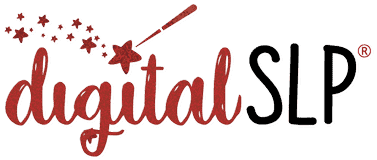
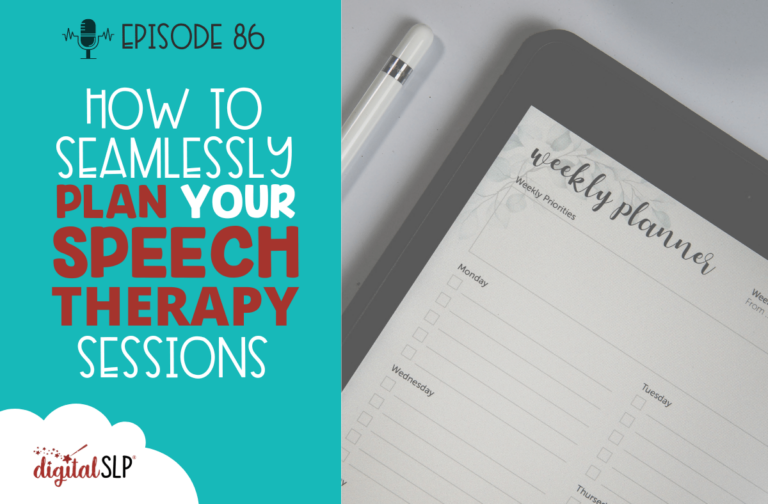
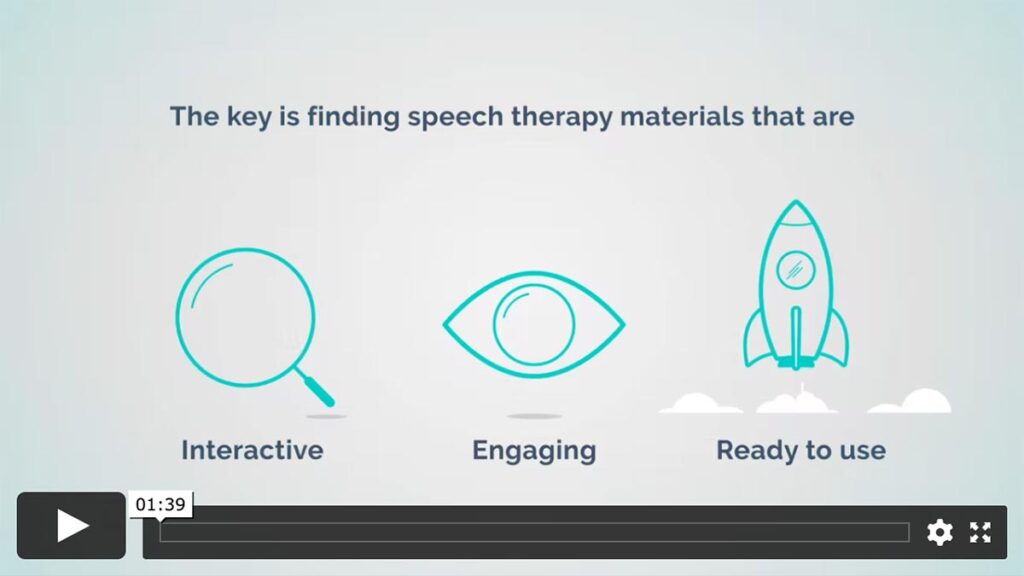
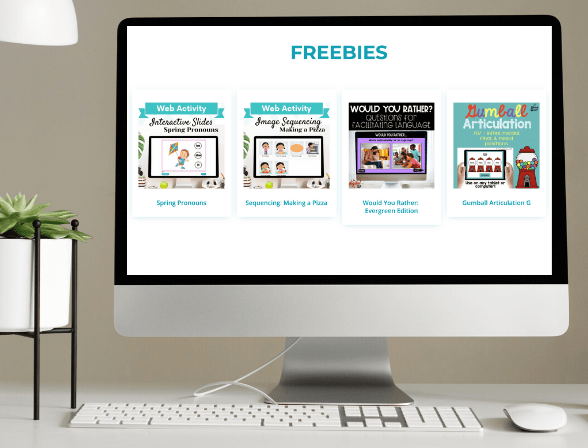


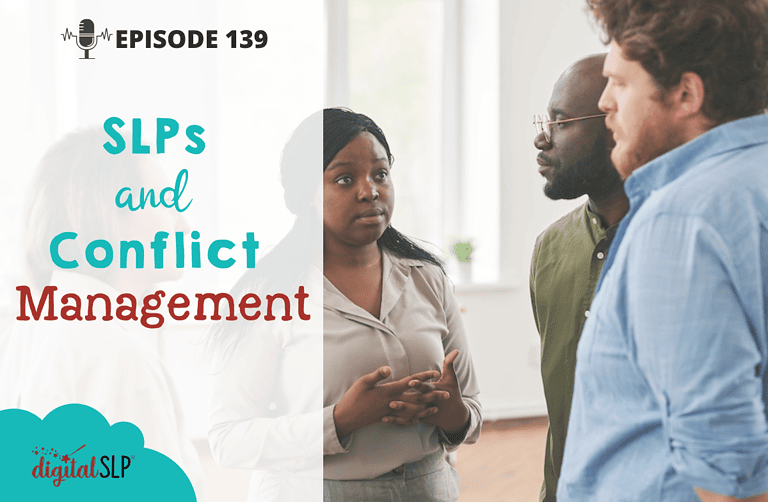
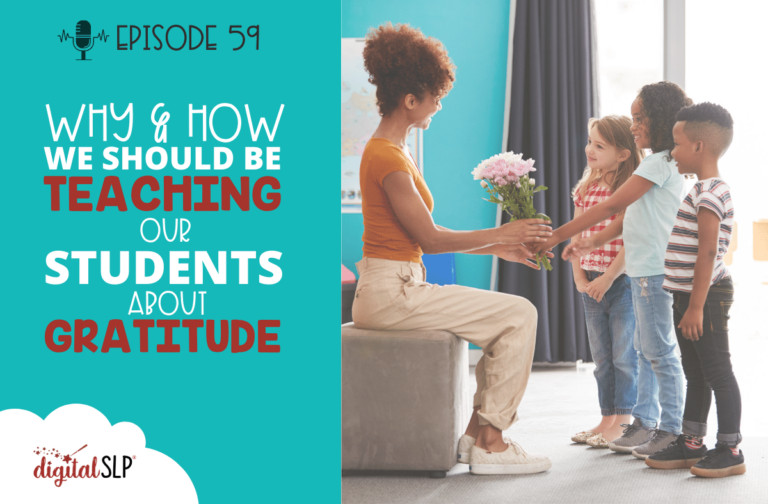
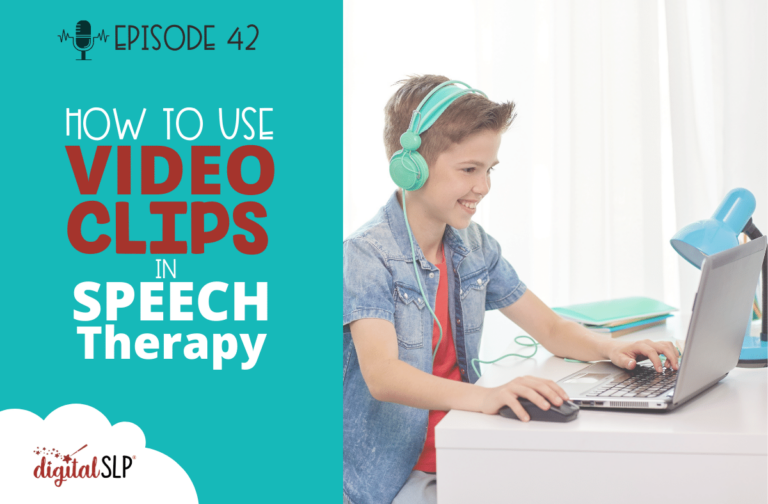

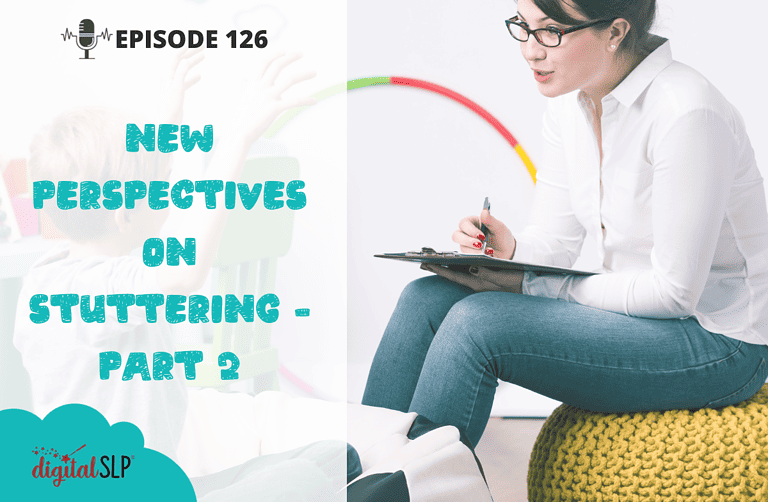

Recent Comments